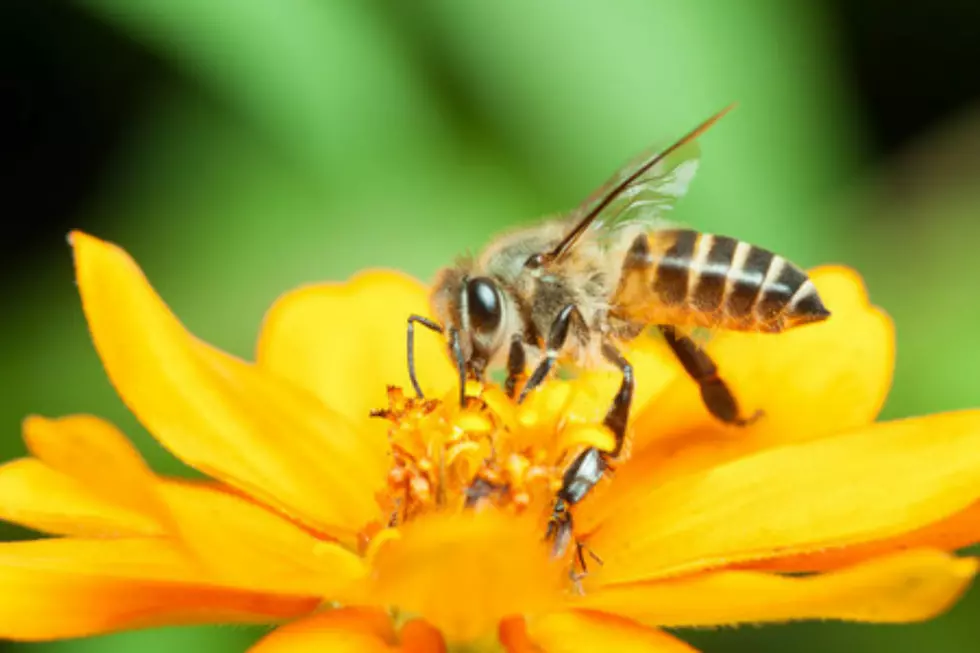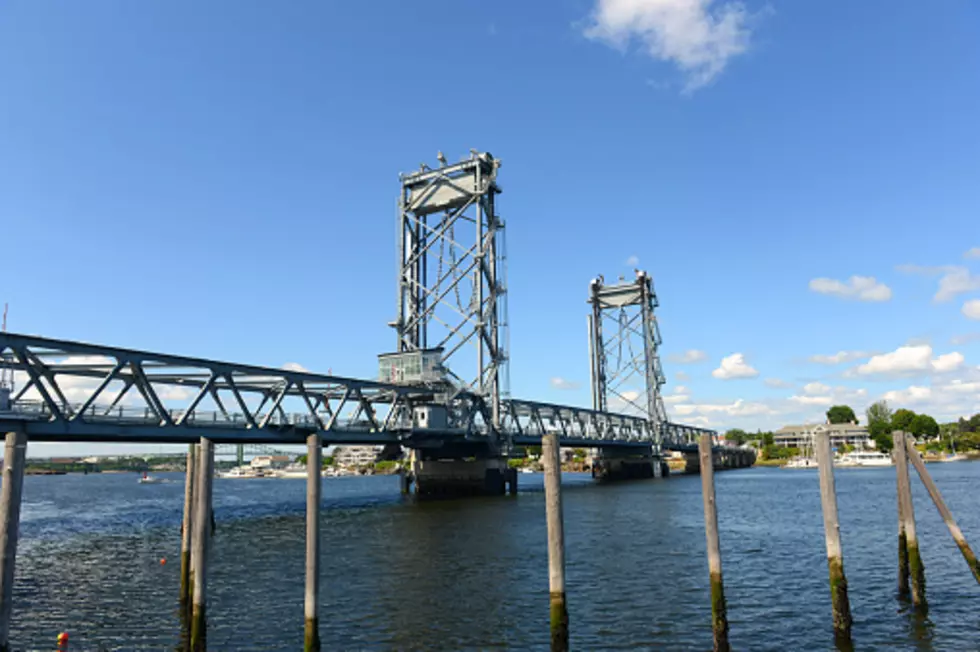
Is Climate Change Behind New Hampshire’s Most Disastrous Pollen Season In Years?
Sneezing, red eyes, and even debating whether to call out of work. This has been a pollen season for the ages.
Let's be honest here; no one needs reminding we're in the thick of pollen season. If you're not wheezing or rubbing your eyes, someone within 10 feet of you is battling allergies. Even driveways, vehicles, and especially puddles are showing their pollen. First reported in the Bangor Daily News, Dr. Elias Akl, allergist and immunology specialist with Eastern Maine Medical Center. “We are definitely seeing an increasing trend in seasonal allergies, much of that is due to climate change, whether you want to believe [in climate change] or not.” He went on to note to BDN that changes in the climate have resulted in longer springs and summers, which are prime time for allergies.
What do you do to combat these issues? Akl recommends intranasal steroids that are sprayed or inhaled directly into the nose. Practical approaches like keeping windows closed while driving, and immediately showering after arriving home. However, simply eating honey won't be a big help. Dr. Akl said he has heard many people make that claim, but stressed there is little scientific evidence to back it up. “All the studies I have read do not back this up,” he said. “Eating the honey does not seem to be helpful.”
More From 97.5 WOKQ









